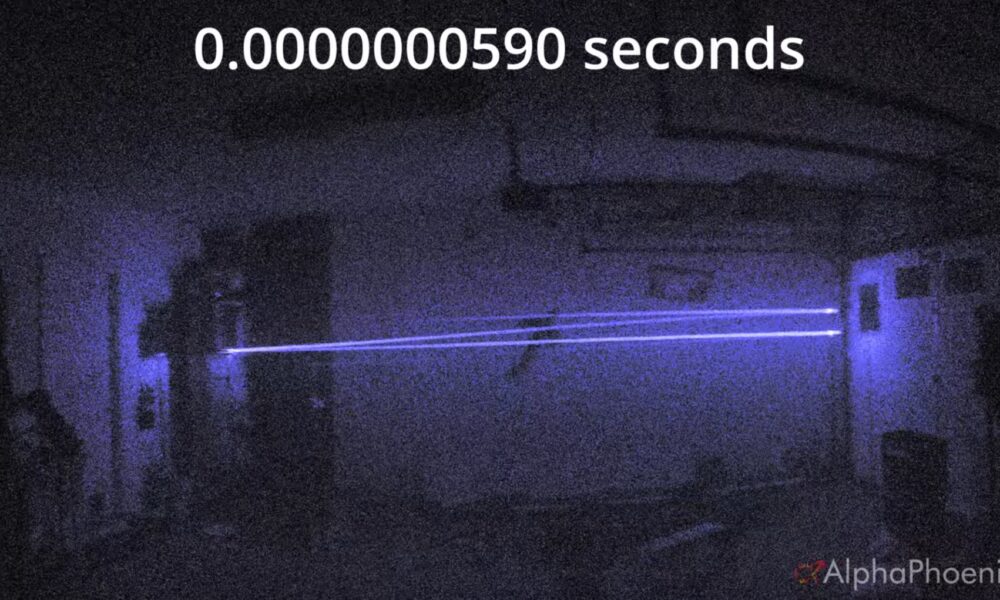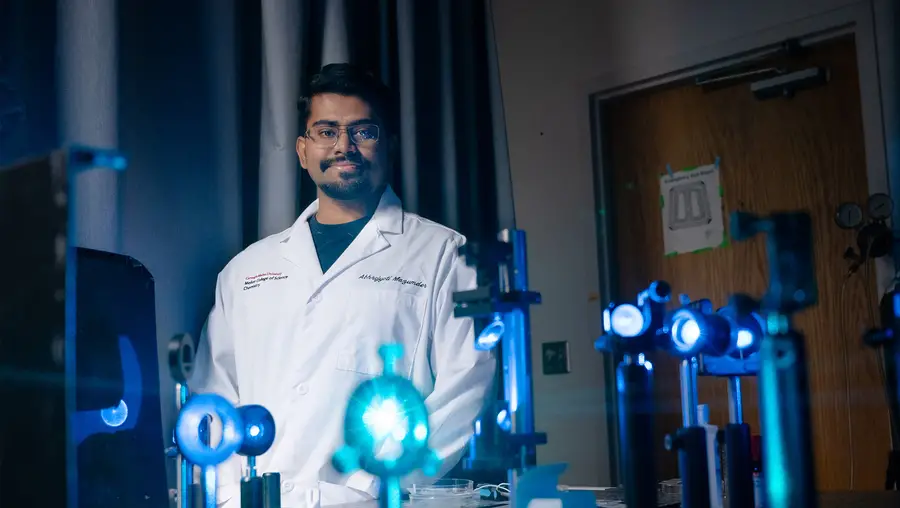A new startup affiliated with Cornell University, named SensVita, is pioneering a non-invasive approach to monitoring heart and lung health using radio waves. This innovative technology aims to provide clinical-grade health tracking at home without the need for wires, electrodes, or any physical contact with the patient’s skin.
Founded by Thomas Conroy and his father, James Conroy, SensVita has recently joined the Praxis Center for Venture Development, an incubator that supports engineering and science startups at Cornell. The company’s goal is to create a sensing platform that continuously monitors vital signs in a comfortable and unobtrusive manner, making it particularly useful for patients who are difficult to monitor, such as those in memory care or neonatology.
Innovative Monitoring Technology
The concept behind SensVita is both ambitious and straightforward. Utilizing near-field radio frequency sensing, the device can detect subtle physiological movements within the body. The sensors can be placed in various locations, including furniture or clothing, allowing for continuous monitoring of cardiac and respiratory metrics without burdening patients.
According to Bob Scharf, academic administrative director at Praxis, “SensVita has a noncontact, passive way of monitoring cardiac activity and breath activity.” This technology was developed in the lab of Edwin Kan, a professor in the School of Electrical and Computer Engineering at Cornell. Here, researchers created near-field coherent sensing systems that send electromagnetic signals into body tissue to measure internal motion, such as heartbeats and blood flow.
Conroy, who began his journey in electrical engineering at Cornell in 2019, transformed this research into a viable product and founded SensVita in 2023. He credits Scharf as a crucial resource for mentoring and guidance on entrepreneurship.
Commercial Aspirations and Funding
SensVita is not just focused on creating a prototype; the team aims to develop a commercial product that can be adopted by healthcare providers, particularly for managing chronic diseases. The company recently secured a $305,000 Phase I Small Business Technology Transfer (STTR) grant from the National Science Foundation in February 2025, which will aid in advancing their technology toward pilot studies and eventual commercialization.
The startup is primarily targeting conditions like heart failure, chronic obstructive pulmonary disease (COPD), and sleep apnea—diseases that require regular monitoring. The founders believe that continuous data can help identify subtle declines in health, potentially preventing costly hospitalizations. “We are focused on people at a high risk for going back to the hospital,” Conroy emphasized.
As the healthcare landscape increasingly shifts toward remote monitoring, SensVita positions itself as a complementary solution, enhancing rather than replacing traditional monitoring methods like electrocardiograms (ECGs) and imaging technologies. Their zero-contact model could be particularly appealing in home care, assisted living, or for patients who prefer to avoid traditional wearable devices.
Before human applications, SensVita plans to conduct animal testing to observe vital signs and monitor changes in heart and lung health. Scharf noted that the access to Cornell’s College of Veterinary Medicine will facilitate this important step in the product development process.
If successful, SensVita could become a significant player in the burgeoning remote patient monitoring sector. Many healthcare systems are currently reimbursing for remote monitoring services, and the trend toward home-based care is accelerating. With the unique no-contact approach, SensVita aims to carve out a niche in this competitive field.
“This technology is covered by multiple Cornell patents. Everyone acknowledges Cornell is the leader in this concept,” Scharf stated, highlighting the university’s pivotal role in the development of this innovative healthcare solution. With robust institutional support and a clear vision for future applications, SensVita is poised to make a meaningful impact in the realm of health monitoring technology.







